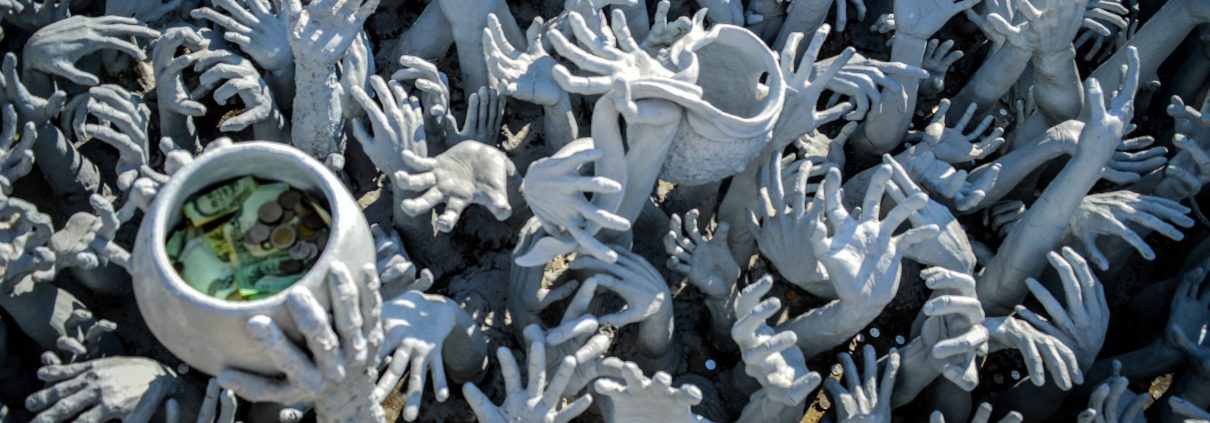Universal Basic Income Already Exists for the 1%
Universal basic income is defined as “a form of social security in which all citizens or residents of a country regularly receive an unconditional sum of money, either from a government or some other public institution, in addition to any income received from elsewhere.” The staggering truth is that currently, 1 in 10 dollars of income that is paid out as capital gains, goes to the top 1%, without them working for it. This idea came about in the sixties, and that is now popular again among economists and policy makers. There are many versions of the idea, but the most interesting is potential that every year, every adult citizen in the U.S. would receive a stipend. Ten thousand dollars is a number often mentioned.
It’s difficult to deny the attractive qualities a UBI holds. A radical policy such as this could right many of the inequalities that exist in our societies. If implemented appropriately, it could help address historic gender, race and material inequities. At its core, the purpose of a UBI is to create opportunity and freedom where it formerly never existed. It would help ease the frustration many factory workers in America’s heartland are facing with the rise of automation and give those in poverty a chance for something better. This movement has a message centered around creating a fair start for everyone, and challenging misconceptions surrounding the very nature of work.
But many economists question its practicality. It’s an expensive system to be sure, which is why many countries are launching pilot programs to test how it might best be implemented and whether the return is worth the investment. A UBI would not only recognize the unpaid contributions people already make through volunteer projects and societal demands, it could also encourage its expansion. This is an idea that has long been discussed by history’s great thinkers, but is finally being tested. Whether its time has come is still being debated and trialled, but many hope it can narrow the inequality that causes so much societal tension.
For the full article, CLICK HERE.



